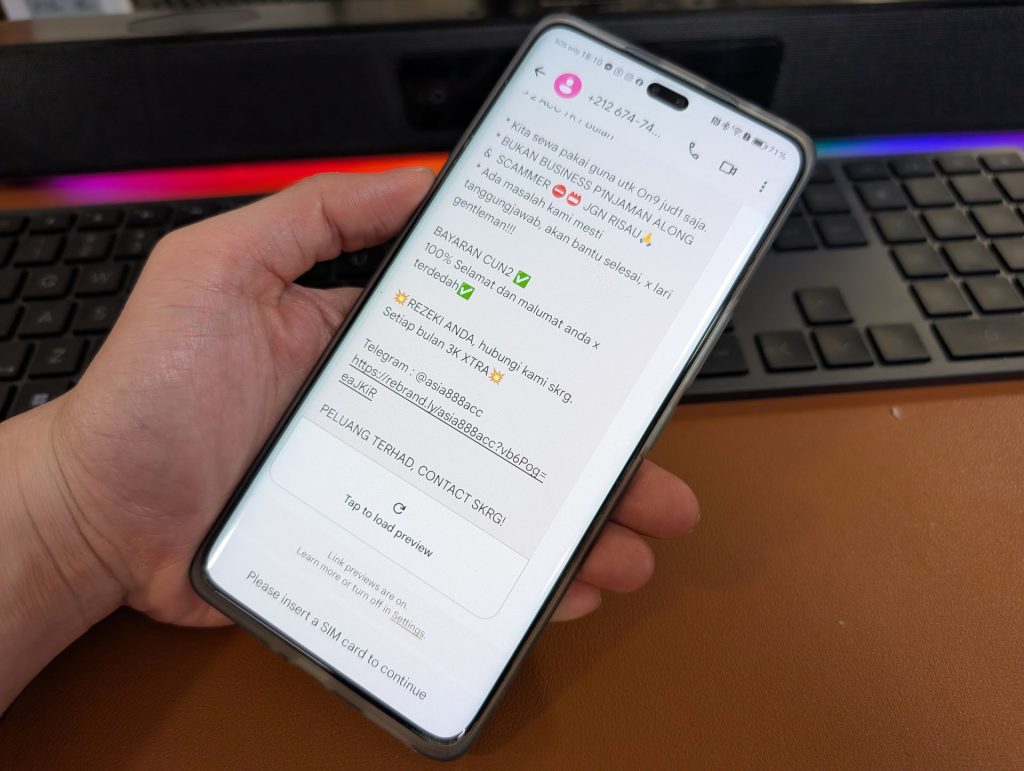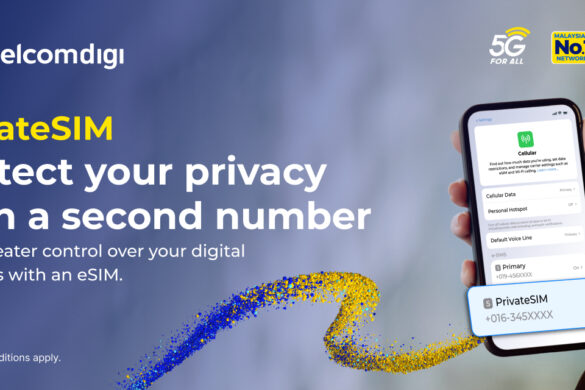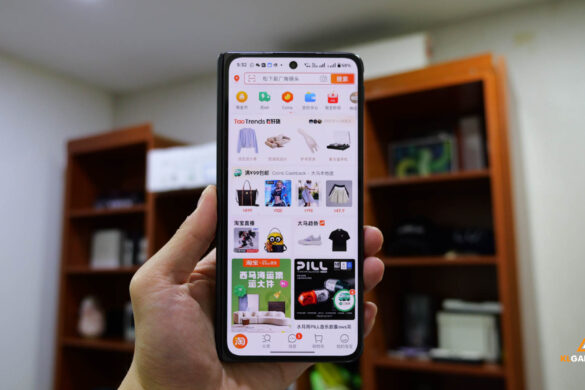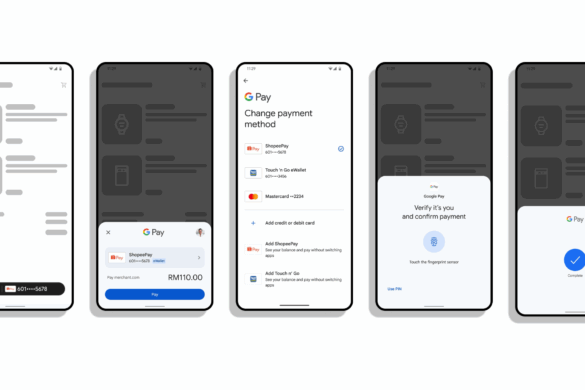Aside from phone calls, one of the most common ways to get scammed is to accidentally tap on a URL that you receive on SMS, which can lead you to install a malicious APK or make a call back to the sender.
Starting today, the Malaysian Communications and Multimedia Commission has implemented a ban of sending URLs in SMS for all mobile numbers and SMS short code numbers, so that users will be less exposed to potential scams and phishing websites.
Therefore, should you send a URL in an SMS to a recipient regardless whether it is a legit one, it will fail to be sent out of your phone and pass through your telco’s SMS message center, even if you were to use an international number to send an SMS with URL to a Malaysian number, the latter will not receive it.
However, this unfortunately doesn’t cover first party messaging services like Google RCS and Apple iMessage, so it’s still best to practice a sense of diligence when you receive any URL through any forms of communication.
If you believe that you have received a suspicious link from an unknown number, you may report it to MCMC here.




